The Leather Shoes That Led to KDBI
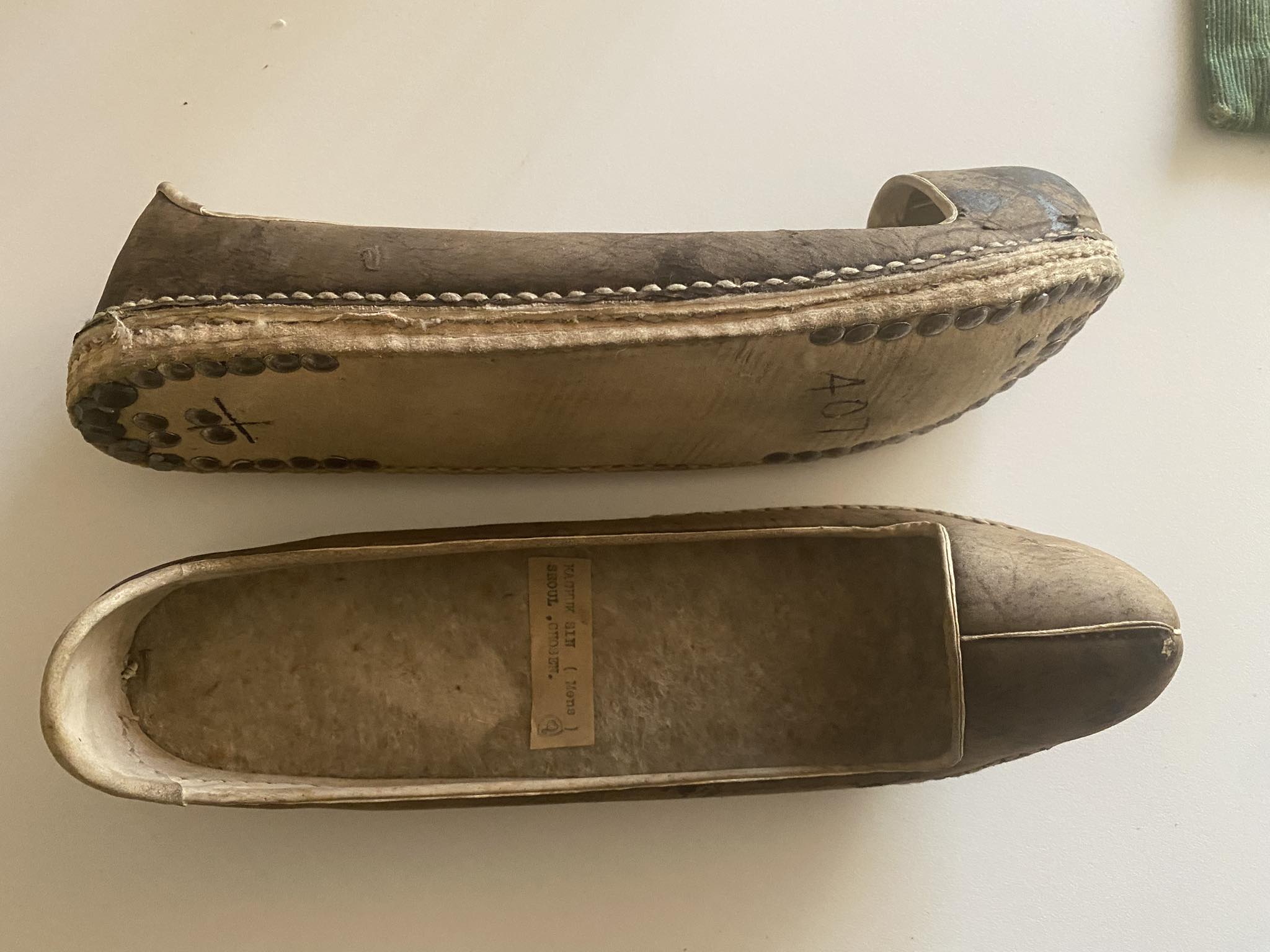
In 1994, a year full of coincidences changed the course of my life. I got married, met three powerful business leaders, bought a pair of 141-year-old Joseon dynasty leather shoes for $30 at a small antique shop near Washington, traveled to Cuba as a reporter where I met descendants of early Korean immigrants on the Henequen plantations, and sat down with Nobel Peace Prize winner Kim Dae-jung. All these events, in a single year, drew me closer to the story of Dr. Philip Jaisohn (Seo Jae-pil).
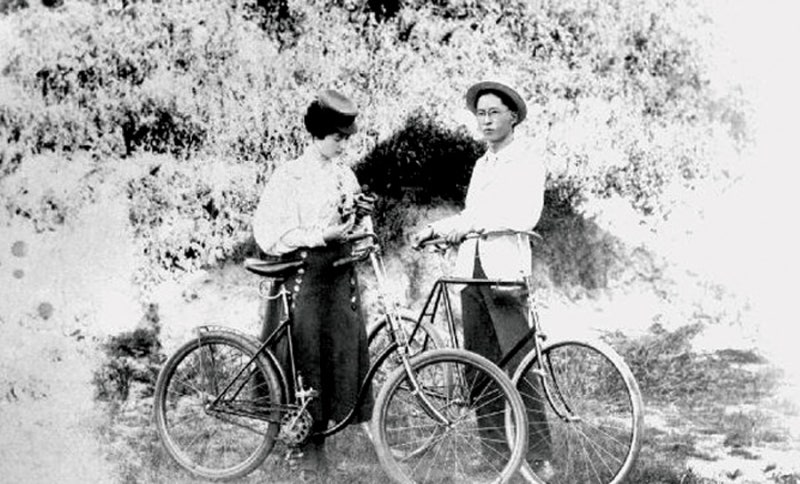
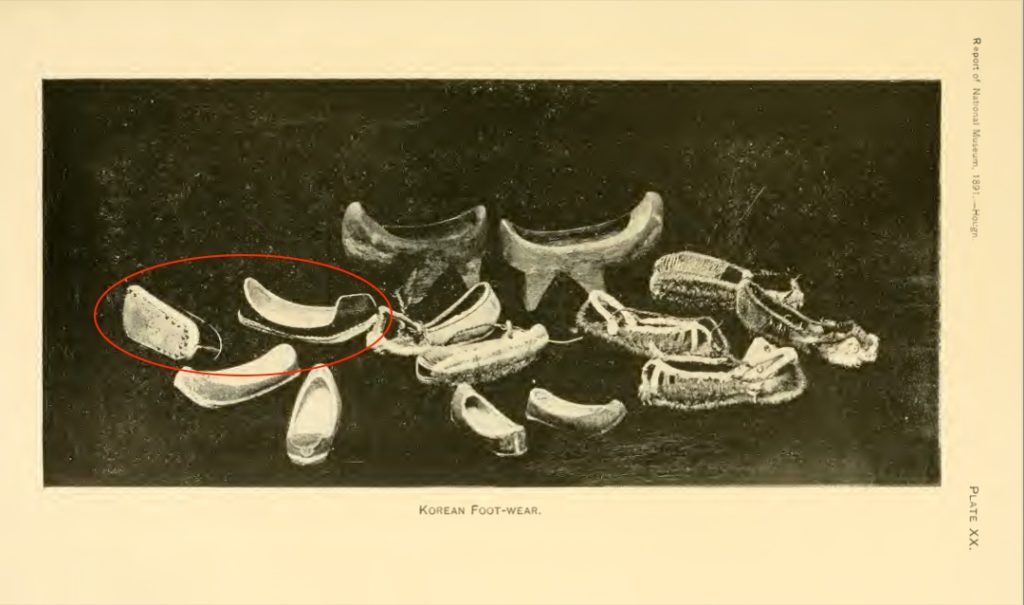
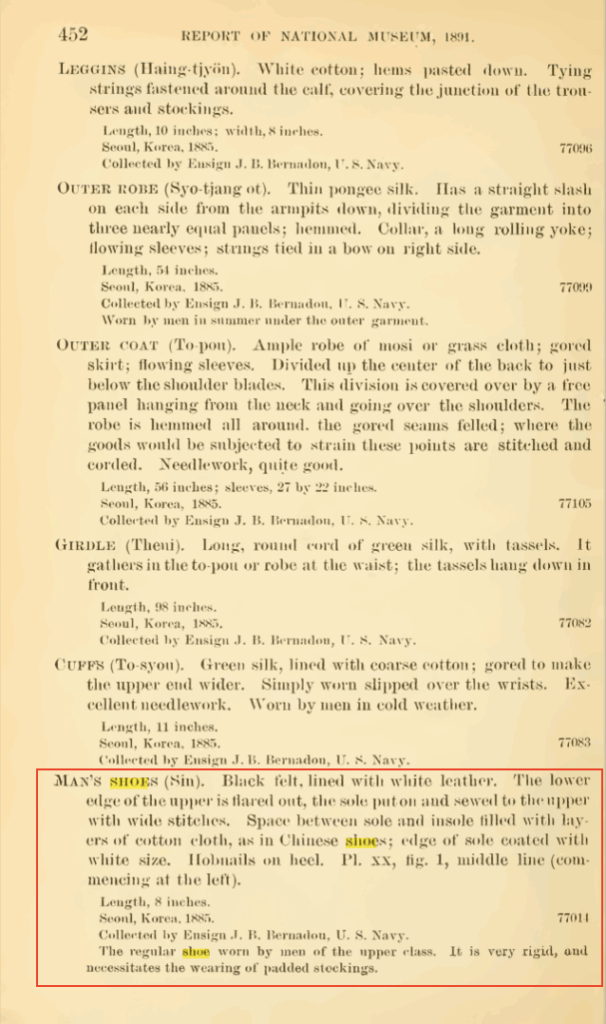
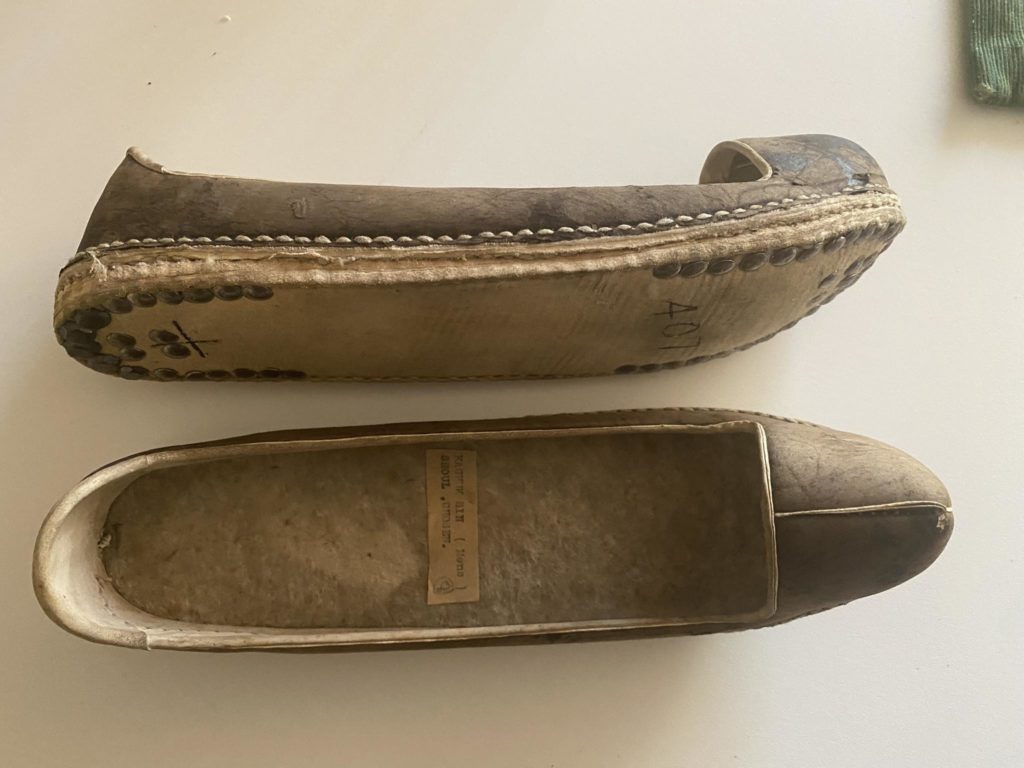
Through these experiences, I realized that the sacrifices of overseas Koreans were the hidden foundation of modern Korea. From the sugarcane fields of Hawaii to the Henequen plantations of Cuba, and to the entrepreneurs of the U.S., Koreans worked from sunrise to sunset, sending half of their wages to support the independence movement. With little pay—$15 a month for men and $10 for women—they still raised over $300,000, a sum that kept the dream of freedom alive.
Many stories remain painful: funds misused, independence leaders struggling in poverty. Yet amid the darkness, figures like Dr. Philip Jaisohn shone brightly. In Philadelphia, he poured his business income into the independence movement, even paying train fares for poor Koreans who wanted to join the March 1st Movement rallies. His legacy is one of sacrifice, integrity, and love for the Korean people.
When I shared these truths with Kim Dae-jung, he recognized the injustice—that overseas Koreans who had sacrificed so much could not even buy land to be buried in Korea. Later, as president, he corrected that wrong, and today any overseas Korean can own land in their homeland.
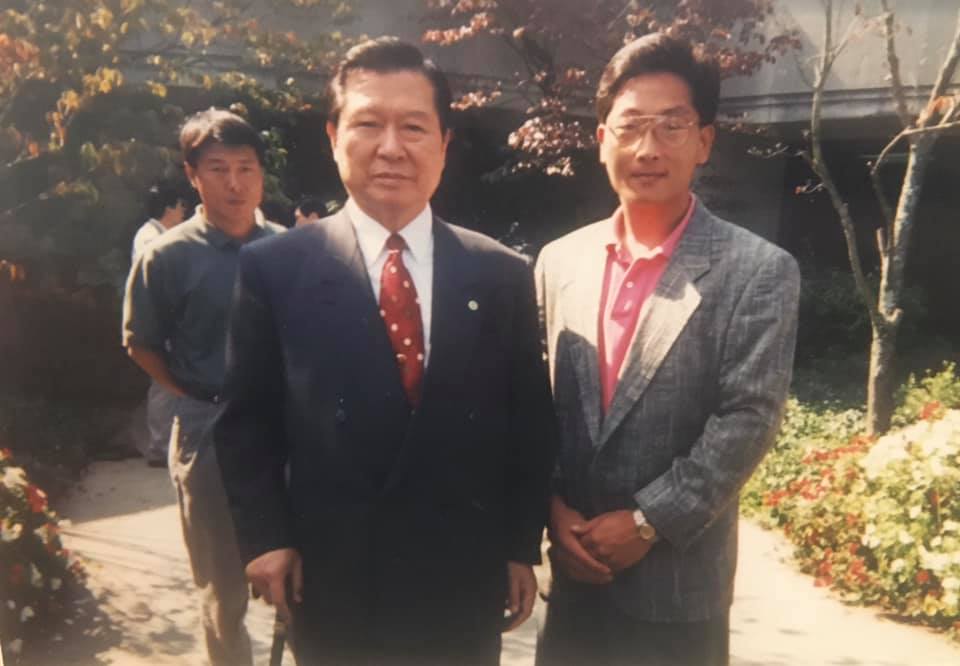
I later discovered that the leather shoes I had found were once displayed at the Smithsonian in 1890. They connected me directly to the first Korean mission to the U.S., the Bobingsa, and eventually to Jaisohn himself. Each time I look at them, I feel a responsibility to tell his story and repay, in some small way, the immense debt owed to overseas Koreans who built Korea’s independence and economy with their sweat and tears.
Today, Korea would not exist without overseas Koreans. We opened trade routes, rebuilt the nation after war, sent dollars during the IMF crisis, and still defend Korea’s interests in Washington and beyond. Yet, too often, media and society treat us with hypocrisy—calling us “proud Koreans” when we succeed, but disparaging us as “just overseas Koreans” when we stumble. This must change.
My hope is simple: that the next generations—our children and grandchildren—carry forward this legacy with pride. And that when my granddaughter Sophie speaks or writes of her grandfather, she will be proud to say: He lived as an activist for overseas Koreans.
Why KDBI Matters
This story is not just about one pair of shoes. Perhaps only God knows, but I sometimes feel these shoes were placed in my hands so that I might grasp, from the very roots, the true identity of overseas Koreans. It is about what overseas Koreans have always done: sustain Korea with sacrifice, resilience, and vision.
But today, too many of our organizations have lost trust, becoming ceremonial rather than practical. KDBI was created to be different. Today, there are more 1.5-generation Koreans with American sensibilities, alongside U.S.-born 2nd and 3rd generations. Together, we are ready to make changes.
- Entrepreneur-centered: We build around business owners who create real opportunities. In business, there are no generation gaps, and this draws all Korean diasporas together.
- Self-reliant: Profits generated by commerce associations will support youth organizations and even central Korean associations. We will no longer rely solely on our mother nation.
- Transparent & measurable: Open reporting, reinvestment targets, visible results.
This was the spirit I first envisioned when I worked with President Kim Dae-jung on overseas Korean policy: empower our business organizations first, and let their success lift the whole community. If the Korean government cannot or will not, then we must do it ourselves. That is the conviction behind KDBI.
Build. Earn. Give. Repeat.
That is how overseas Koreans once sustained Korea. That is how we will sustain ourselves today.
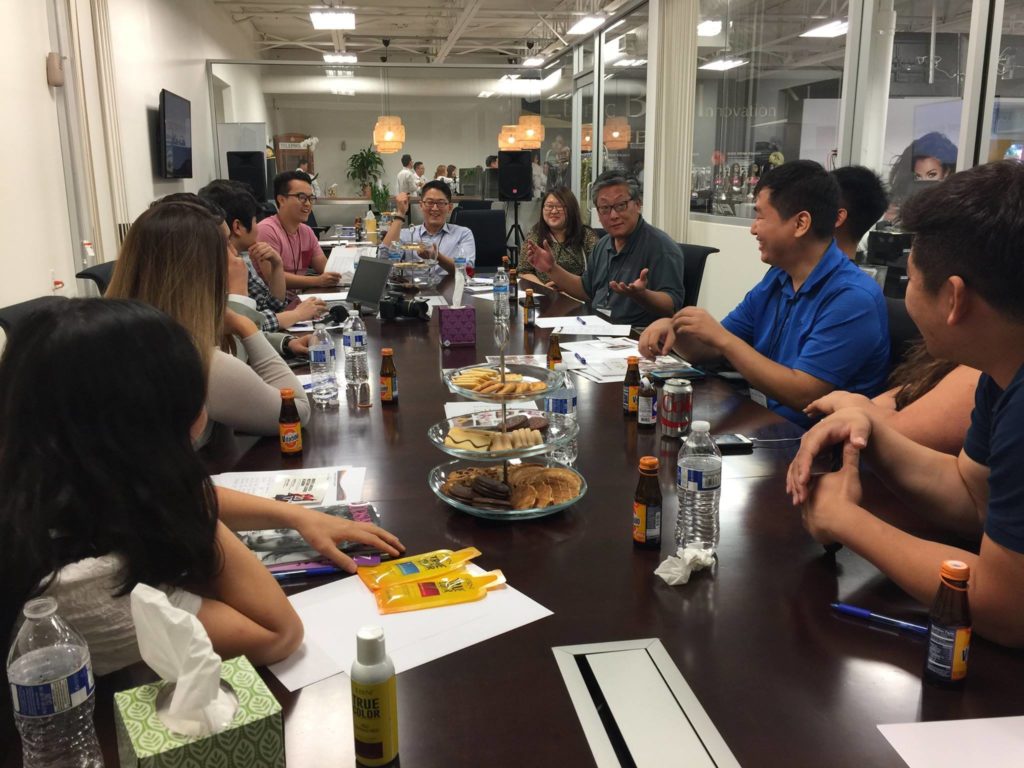
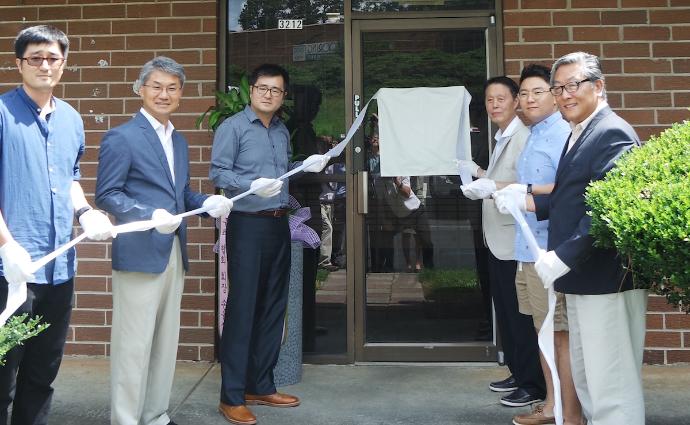
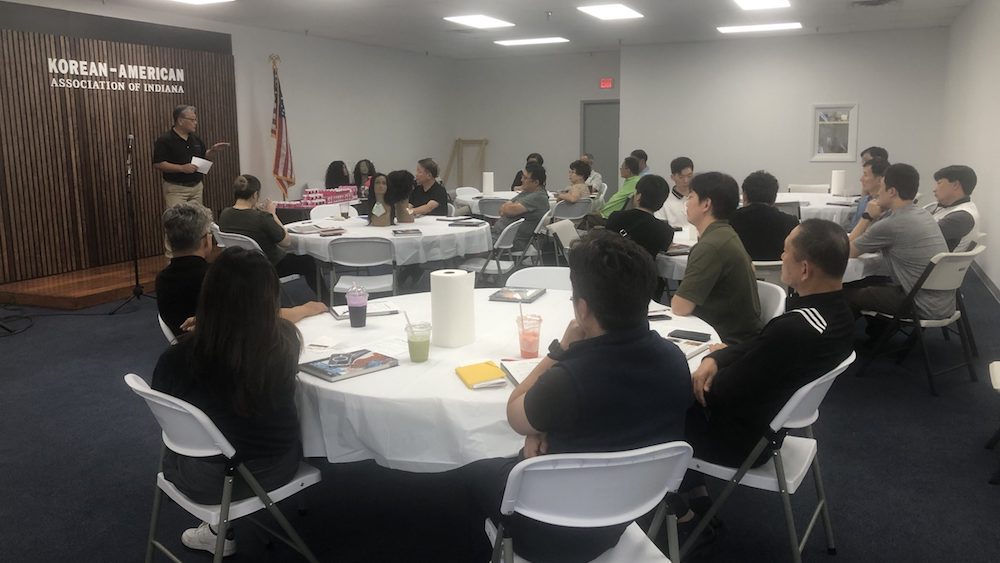

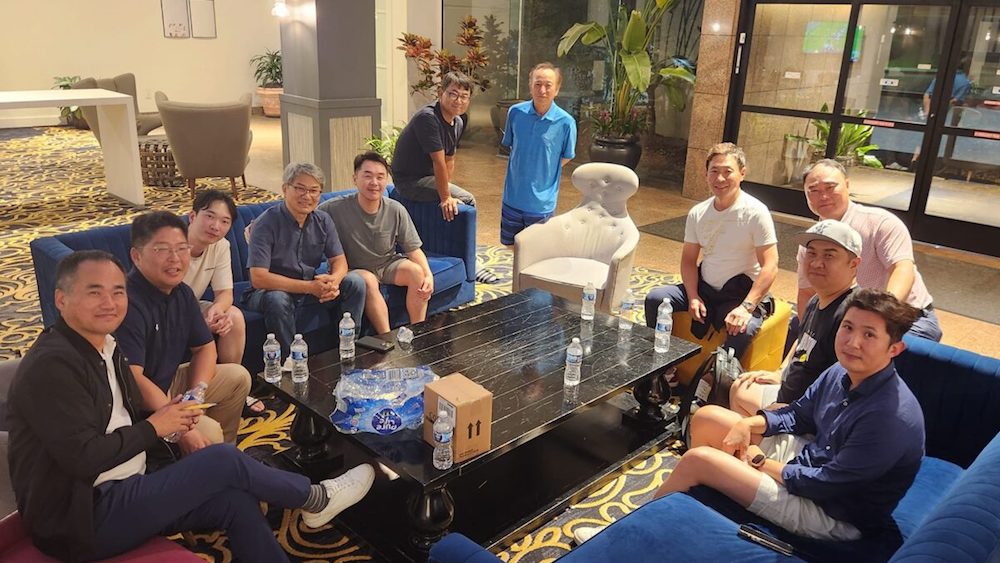
Author: Travis Hyonsok Johng
Former SBS Washington Correspondent, producer of the award-winning documentary “Information Superhighway” (1993), and author of “Standard Beauty Consultant” (2015).
Now, at sixty, he is opening the second chapter of his life through KDBI.
